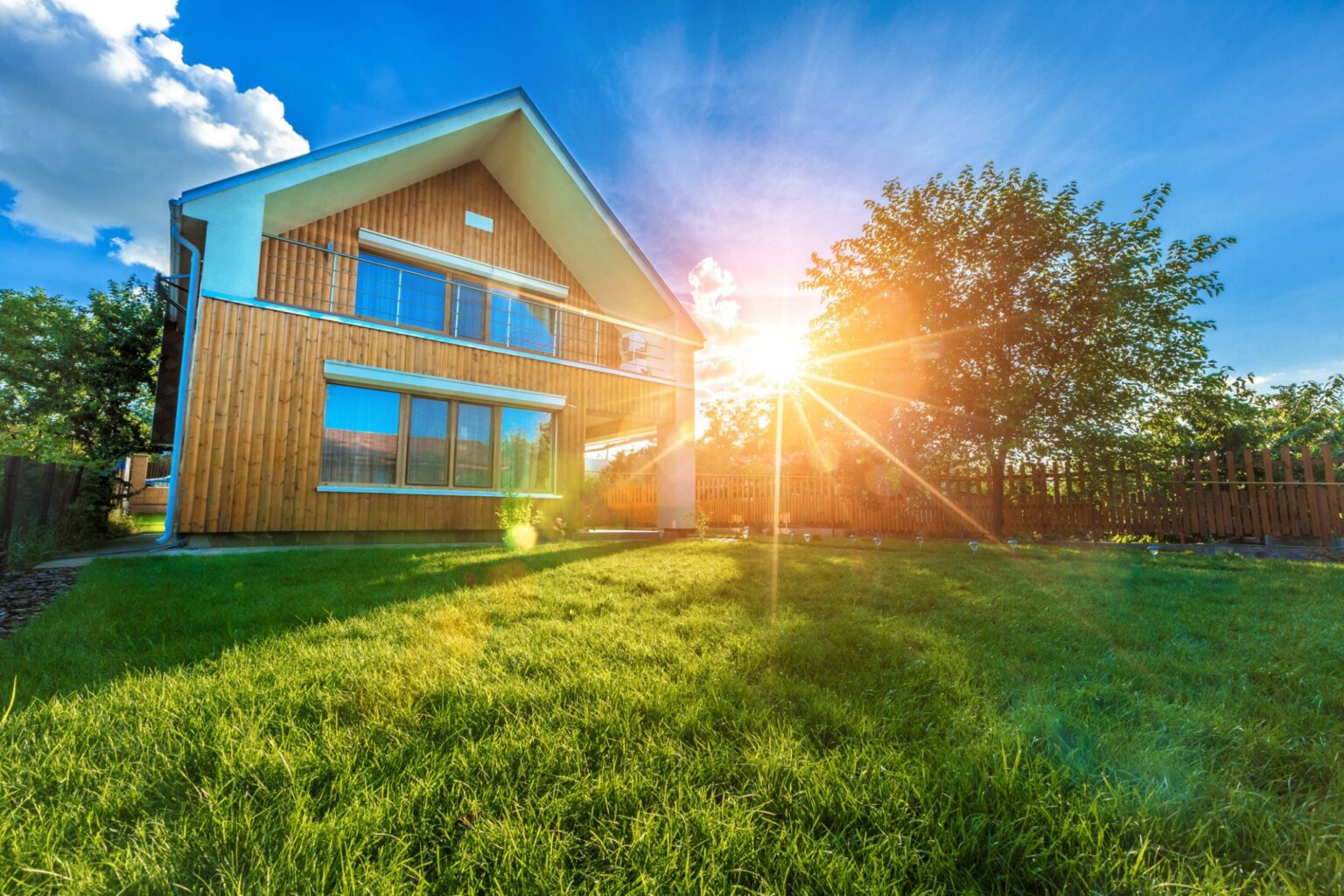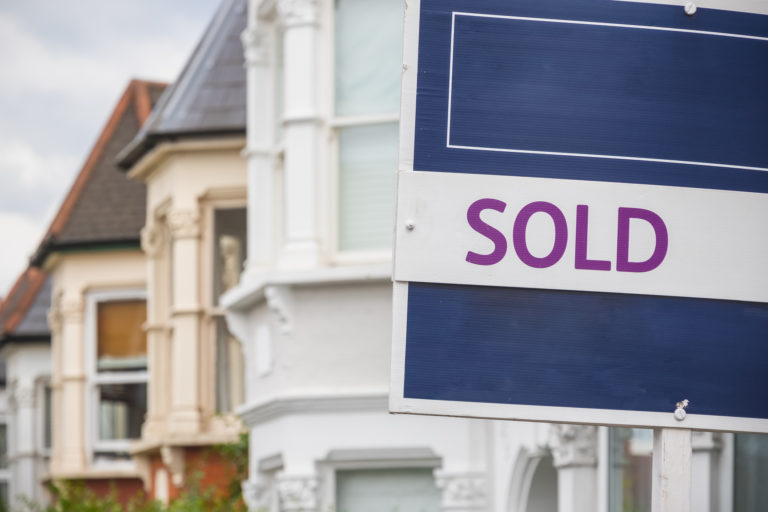2019 raised the awareness of climate change, and it also saw an increasing number of holidaymakers opt for a staycation in the UK.
The government has been behind an initiative to support eco homes with its cleaner heating scheme (part of the Future Homes Standard) planned to be in full operation by 2025.
Offering attractive, eco-friendly and energy efficient homes is also appealing to furnished holiday let landlords and investors, with a growing number of guests looking to do their bit for the planet and holiday in the UK.
Julian Walker, director at the agency Spot Blue International Property, comments: “For anyone in the market for a holiday home this year, buying an eco-friendly property in the UK and letting it to the domestic market, so guests don’t need to travel far, makes a lot of sense.”
In June last year, the UK became the first first-world country to pass laws that should end its contribution to global warming by 2050. The new target is to bring all greenhouse gas emissions to net zero by 2050, compared with the previous target of at least 80% reduction from levels in 1990.
Property investors look to greener options
Julian Walker adds: “We anticipate that the UK’s furnished holiday lets market will continue to become a popular investment choice. The fact that holiday lets produce far higher weekly rental yields than long-term lets is not the only advantage for investors and landlords.
“Undoubtedly, 2019 was a turning point in the global drive to raise awareness of climate change.
“This is thanks largely to the likes of David Attenborough, Greta Thunberg and Extinction Rebellion, who continue to keep the issue firmly on the agenda while forcing many of us ordinary people to ask questions about our own energy use and carbon footprint.”
Energy efficient modular building
The concept of modular design and construction methods in the residential development sector has been gaining traction in the past few years. At MIPIM last October, Esther McVey, the UK Housing Minister, spoke about the benefits: “Industry has told us some homes built using modern methods can have 80% fewer defects and heating bills up to 70% lower. Homes built using modern methods can be of higher quality, greener and built to last. I want to see a housing green revolution.”
This efficient and fast way of building lends itself to holiday homes. According to Spot Blue International, the amount of waste over the building phase in comparison to traditional housebuilding methods, according to specific measurements, is reduced by large levels. Labour time is reduced and this reduction in man hours results in decreasing travelling time to and from site, which helps reduce the carbon footprint further.
Walker says modular homes’ green credentials start before they’re even built. “And they continue for decades, even centuries, after they’re built,” he adds, while modern modular homes are also built to last a lot longer than traditional homes.
Modular homes adapt well to the holiday letting market; cutting-edge insulation materials mean they retain heat and landlords benefit from typically around 60% less going on utility bills than traditionally built properties.
By becoming more widely available, having these options is expected to “encourage UK tourists to travel less, thereby reducing not only the owners’ but the nation’s overall carbon footprint”.









